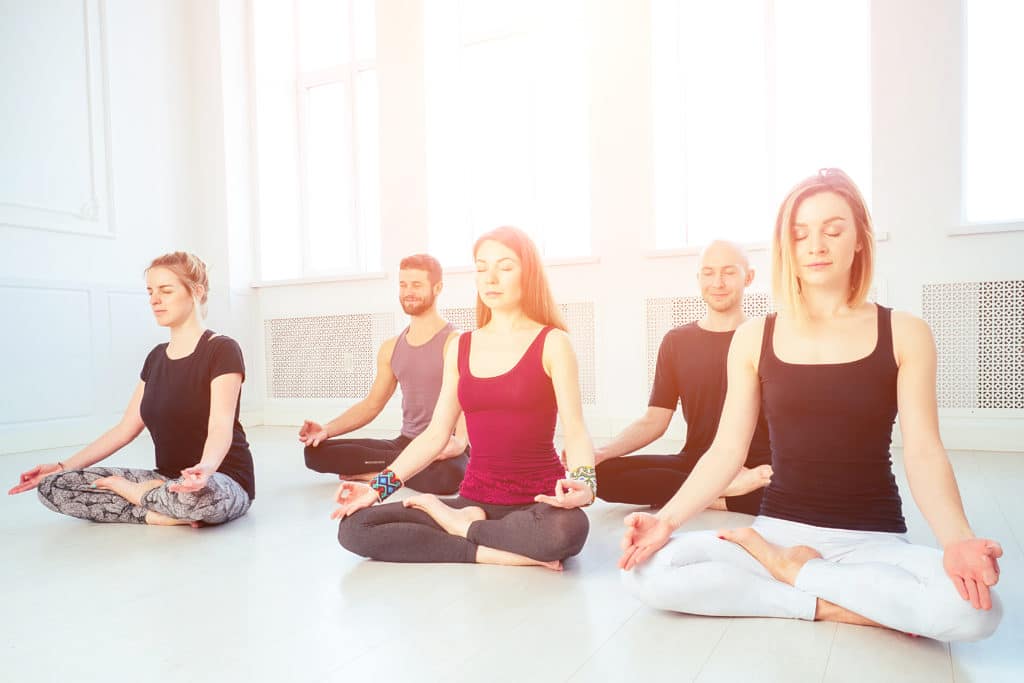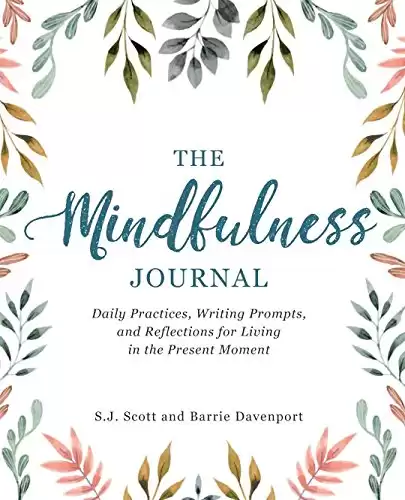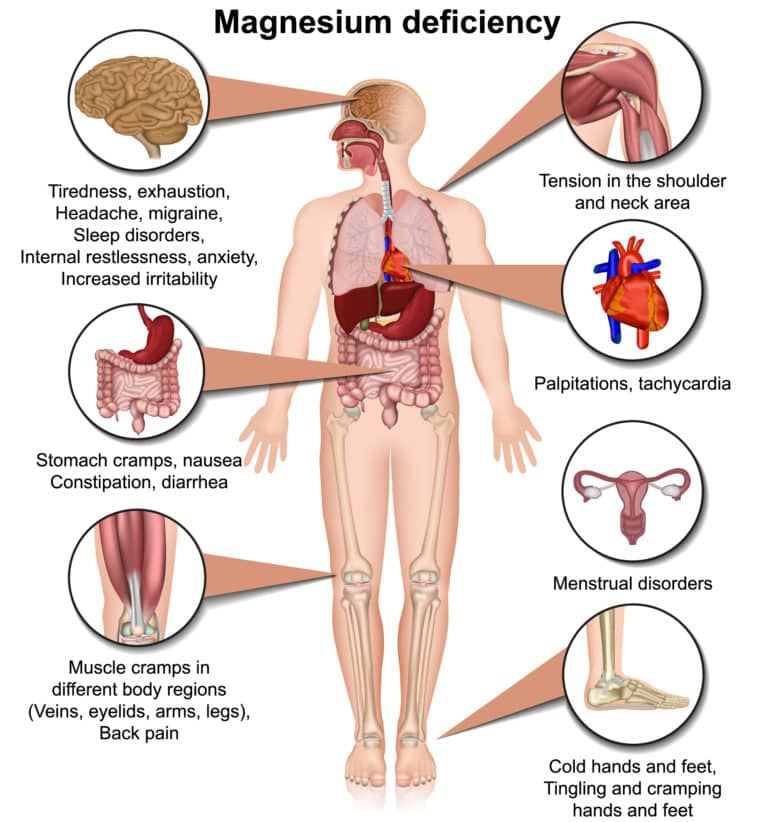Mindful Therapy Group: What to Expect for Anxiety & Depression Sufferers

Mindful therapy group sessions are a relatively new treatment for anxiety and depression. It involves sitting in a circle with others struggling with similar issues and sharing your experiences openly and honestly.
The goal is to create a supportive environment where participants can learn from each other and eventually work through their problems together. Mindfulness-based cognitive therapy is one of the main methods used in mindful therapy groups.
MBCT is a combination of mindful meditation and cognitive behavioral therapy, which aims to help participants become more mindful of their thoughts and feelings and develop new coping skills for dealing with anxiety and depression.
Some key benefits of mindful therapy groups include reduced anxiety and depression, improved self-confidence and self-esteem, and better-coping skills for dealing with stressful situations and difficult emotions.
Table of Contents
The Structure of Group Therapy: How it Works
Group therapy sessions take place over a set period, usually several weeks. Each session typically lasts around an hour or two and may be facilitated by a therapist or other mental healthcare professional.
In the beginning, participants typically spend some time getting to know each other and sharing their experiences with anxiety and depression. This phase reassures each person that they’re not alone and instills a sense of commitment to work toward recovery.
As the sessions progress, participants are introduced to exercises and techniques to tackle their anxiety. These coping strategies have been proven effective in managing stress, anxiety, and depression symptoms.
Participants also take home assignments because much of the work is done outside the group sessions, with participants often asked to keep a journal and reflect on their experiences. Success outside the therapy group can help reinforce the positive changes during sessions.
Overall, mindful therapy group sessions can be a powerful tool for helping people struggling with anxiety and depression to build resilience, learn coping skills, and develop a supportive community of peers who understand what they are going through.
Mindful Therapy Group Exercises
There are several mindful therapy group exercises that participants may engage in during sessions, depending on the goals and needs of the group. Some common examples include:
Body Scan Exercise
This exercise involves focusing on one’s body, tuning into sensations such as tension and relaxation. It can help improve mindful awareness of the body and help participants become more mindful of any physical or emotional symptoms related to anxiety and depression.
Body scan often requires participants to lie down or sit comfortably and focus on one body part at a time. They may slowly move their attention through the entire body, noticing any changes or sensations that arise.
Mindful Journaling
REDUCE YOUR ANXIETY AND LIVE IN THE PRESENT MOMENT: It's easy to feel worried when you're surrounded by negativity and headlines full of bad news. With The Mindfulness Journal, you can build a stress-reducing habit that makes you appreciate every single day.
- UNIQUE, ACTIONABLE PROMPTS: The Mindfulness Journal provides 365 daily writing prompts divided into 52 weekly mindfulness topics. This gives you seven days to fully immerse yourself in each topic. Also the prompts are unique enough so you'll never feel bored while journaling. These prompts are fun, engaging, and will help you gain an appreciation for the world around you.
Journaling is another common exercise used in mindful therapy groups. This can involve writing about thoughts and feelings or mindfully observing one’s inner experiences.
Mindful journaling can help participants gain a deeper awareness of their thoughts and emotions and learn more about how they are affected by stress and negative thoughts.
The 3-Minute Breathing Space Exercise
This exercise helps participants take a mindful “breathing space” during moments of stress. This breathing and self-compassion technique helps calm the mind and body.
It is typically recommended that participants practice this exercise for 3 minutes, either sitting or standing comfortably with eyes closed. They begin by observing their present-moment experience, tuning into their body and breath, and attending to any thoughts, feelings, or sensations that may arise.
Use this tip the next time you find yourself thinking negative thoughts. It will help break the pattern and prevent you from spiraling into an emotional reaction.
Mindfulness Stretching
Another common exercise taught is mindful stretching, which can help participants relax the mind and body. This exercise involves mindful movements, such as gentle yoga or stretching exercises, which help cultivate present-moment awareness and self-compassion.
Mindfulness stretching works with breathing patterns to help you connect with your body, focus on the present moment, and move past negative thoughts or feelings. Whether you practice mindful stretching alone or incorporate it into your group sessions, it can be a powerful tool for managing anxiety and depression.
Meditation
Finally, mindful meditation is another key component of mindful therapy groups. This involves using mindful awareness techniques such as focused attention and open monitoring to cultivate greater calm and stability in the face of stress.
The group should have a guided meditation practice, an excellent way for beginner participants to learn how to meditate and start experiencing the benefits of mindful meditation.
The Difference Between Cognitive-based Therapy and Mindfulness-based Cognitive Therapy

MBCT and CBT are evidence-based therapies that can help people struggling with anxiety and depression manage their symptoms and develop healthier coping strategies. However, there is a key difference between these two approaches.
Cognitive behavioral therapy (CBT) is a type of psychotherapy focusing on the relationship between thoughts, feelings, and behaviors. CBT helps participants identify and challenge negative thoughts and beliefs contributing to their anxiety or depression.
It also teaches behavioral skills and techniques to help manage symptoms.
Mindfulness-based cognitive therapy (MBCT) is a type of psychotherapy that combines cognitive behavioral therapy (CBT) with mindfulness meditation. MBCT helps participants become more aware of their thoughts and emotions and to learn how to manage them mindfully.
It is an effective treatment for anxiety and depression and can help people to prevent relapse into episodes of mental illness.
Another key difference between CBT and MBCT is that the latter emphasizes self-compassion and the mindful acceptance of difficult thoughts and emotions. This element makes MBCT a more holistic approach to treating mental illness than CBT alone.
If you are struggling with anxiety and depression, speak with a therapist or mental health professional to determine which therapy may be right for you. CBT and MBCT can help you manage your symptoms and find greater happiness and well-being.
Who is Anxiety Coaching For?
- Individuals who feel overwhelmed and all over the place
- Those who want professional help but are on a budget
- Those who need someone to vent/talk to
- Individuals looking to improve their self-esteem
- Individuals suffering from insomnia, panic attacks, racing thoughts, intrusive thoughts, and postpartum anxiety/depression.
Mindful Therapy Groups Work
Group meditation can be a powerful tool for improving mental health and well-being.
If you are struggling with anxiety or depression and looking for a supportive group of peers to help you navigate these challenges, consider joining a mindful therapy group today.
With the support and guidance of a skilled therapist, you can learn new mindful techniques and strategies, reduce your symptoms, and experience greater emotional well-being.
Originally posted 2022-11-30 16:29:30.
Megan Santiago
Latest posts by Megan Santiago (see all)
- How to break a Fever - March 10, 2024
- Natural Remedies that Will Improve Your Health - January 3, 2024
- L-Carnitine And ADHD: Natural Focus Solutions - January 3, 2024



